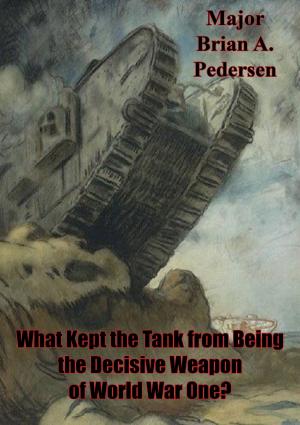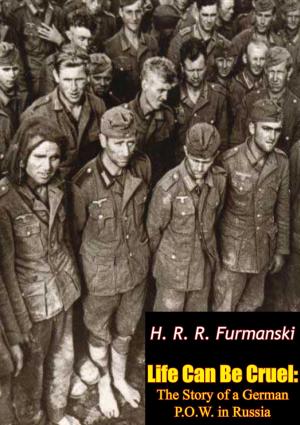Aleutian Campaign In World War II: A Strategic Perspective
Nonfiction, History, Germany, European General, Military, United States| Author: | Major John A. Polhamus | ISBN: | 9781786250674 |
| Publisher: | Verdun Press | Publication: | November 6, 2015 |
| Imprint: | Verdun Press | Language: | English |
| Author: | Major John A. Polhamus |
| ISBN: | 9781786250674 |
| Publisher: | Verdun Press |
| Publication: | November 6, 2015 |
| Imprint: | Verdun Press |
| Language: | English |
This work is a detailed historical study of the Second World War’s little known Aleutian Campaign in the North Pacific, commonly referred to as the “Forgotten War.” After describing the events that transpired in the North Pacific throughout the war, this work focuses on the strategic reasons why the United States and Japan decided to dedicate critical and limited resources to a secondary effort in the North Pacific. The strategies are compared to determine which country dedicated a higher percentage of available manpower and resources to the region and which country gained an advantage from their respective propaganda efforts. Despite the United States’ tactical and operational victories in the North Pacific, the Japanese benefited at the strategic level. Secondary theaters of operations, like the Aleutians during World War II, produced many lessons that were applied to other theaters during the war and remain relevant today in the Global War on Terrorism.
This work is a detailed historical study of the Second World War’s little known Aleutian Campaign in the North Pacific, commonly referred to as the “Forgotten War.” After describing the events that transpired in the North Pacific throughout the war, this work focuses on the strategic reasons why the United States and Japan decided to dedicate critical and limited resources to a secondary effort in the North Pacific. The strategies are compared to determine which country dedicated a higher percentage of available manpower and resources to the region and which country gained an advantage from their respective propaganda efforts. Despite the United States’ tactical and operational victories in the North Pacific, the Japanese benefited at the strategic level. Secondary theaters of operations, like the Aleutians during World War II, produced many lessons that were applied to other theaters during the war and remain relevant today in the Global War on Terrorism.
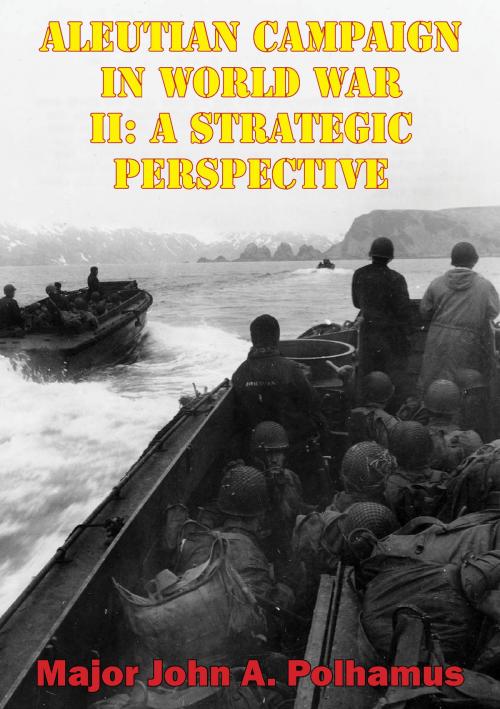
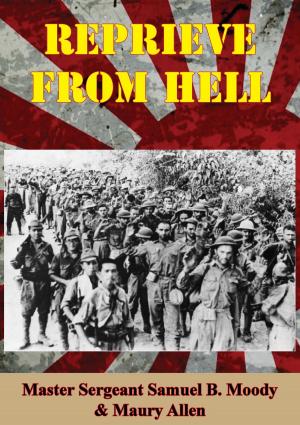
![Cover of the book Marines In World War II - Saipan: The Beginning Of The End [Illustrated Edition] by Major John A. Polhamus](https://www.kuoky.com/images/2014/august/300x300/9781782892830-qrzB_300x.jpg)

![Cover of the book Analysis Of Deep Attack Operations: Operation Bagration, Belorussia, 22 June - 29 August 1944 [Illustrated Edition] by Major John A. Polhamus](https://www.kuoky.com/images/2014/august/300x300/9781782895459-fPbK_300x.jpg)
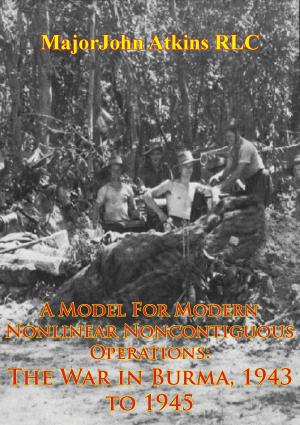
![Cover of the book Panzer Leader [Illustrated Edition] by Major John A. Polhamus](https://www.kuoky.com/images/2015/november/300x300/9781782893028-AAEW_300x.jpg)
![Cover of the book Conversations With A Stuka Pilot [Illustrated Edition] by Major John A. Polhamus](https://www.kuoky.com/images/2014/august/300x300/9781782898450-BiYs_300x.jpg)

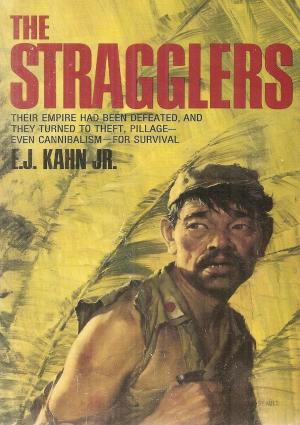


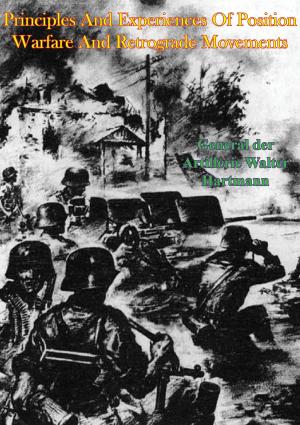
![Cover of the book Art Of The Possible: T. E. Lawrence And Coalition Liaison [Illustrated Edition] by Major John A. Polhamus](https://www.kuoky.com/images/2014/august/300x300/9781782894346-kVXw_300x.jpg)
